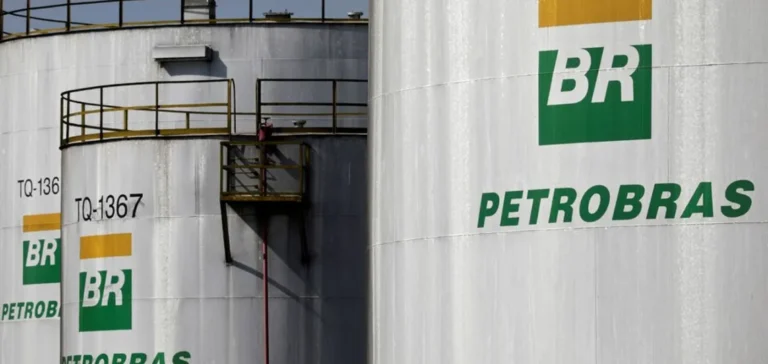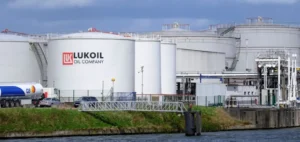Argentine firm Compañía General de Combustibles (CGC) is preparing to launch its first oil project in the Vaca Muerta shale basin, aiming to diversify its production and seize opportunities provided by this significant unconventional hydrocarbon reserve. Historically focused on conventional fields in southern Argentina, CGC is now expanding by partnering with state-owned company YPF to develop the Aguada del Chañar field, primarily focused on oil extraction.
Strategic expansion in Argentine shale
The Aguada del Chañar field currently produces approximately 12,600 barrels of oil per day, compared to an average combined daily output of 3,000 barrels from CGC’s conventional fields and its subsidiary CGC Energía. This partnership with YPF, the local leader in Vaca Muerta development, enables CGC to enter a high-potential region, where some oil blocks already reach daily outputs of up to 93,000 barrels.
Vaca Muerta is among the world’s largest shale oil and gas reserves, thus attracting growing investments in the development of production and export infrastructure. Argentina currently exports around 200,000 barrels per day out of total production of 750,000 barrels. However, forecasts indicate that Vaca Muerta alone could reach daily production of one million barrels by 2030, significantly enhancing its export potential.
Focus on heavy crude production
In parallel, CGC aims for immediate increases in heavy crude production in the San Jorge basin, located in the country’s south. This region holds significant reserves that remain underexploited, particularly suited to local refining needs. Argentine refineries, having adapted their facilities in recent years to process more light oil from Vaca Muerta, still require about 30% heavy crude for their blending needs.
The relative scarcity of heavy crude on the Argentine market has led to a notable price increase, prompting CGC to accelerate extraction activities in this area. This strategy directly addresses growing local demand, providing attractive short-term commercial prospects for the company as it seeks to maximize production amid current high heavy crude prices.






















